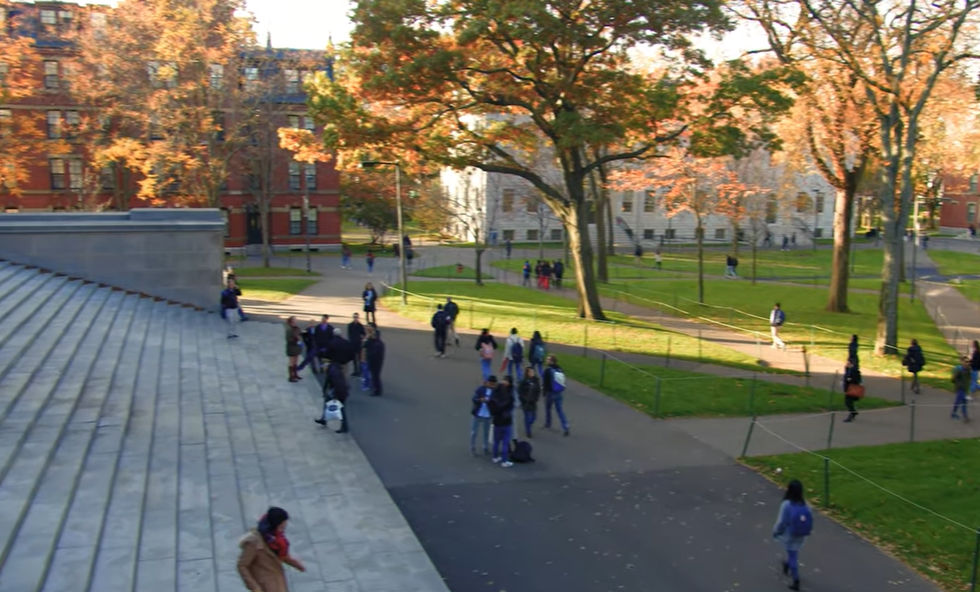Themba Creative Learning Center, a beloved institution among Maryland’s working parents, is tucked away in Lanham along Cipriano Road. Families who have seen their kids learn and thrive in a caring, orderly, and stimulating environment have lavished this highly regarded daycare with praise. Supported by its director and founder, Jameela Allen, Themba’s consistent growth since 2007 indicates that its planning and implementation were especially creative.
Themba has developed into a facility that is remarkably clear in its mission and surprisingly affordable for the quality of care it offers by concentrating on the emotional, social, physical, and academic domains of child development. Reviews frequently highlight the happiness on kids’ faces when they are dropped off and their excitement to come back—an emotional touch that resonates with parents juggling work and childcare obligations.
The center has developed a highly adaptable faculty through strategic hiring. Online reviews often commend teachers like Ms. Robin, Ms. Jasmine, and Ms. Allen for their patience and willingness to go above and beyond. This emotional commitment strikes a deep chord with families. Themba has established a unified staff with years of experience, which has allowed genuine relationships to develop and routines to stay constant, in contrast to larger daycare chains that regularly switch out their teachers.
Themba Creative Learning Center Profile Table
| Field | Information |
|---|---|
| Name | Themba Creative Learning Center |
| Founder/Director | Jameela Y. Allen |
| Established | 2007 |
| Location | 6715 Cipriano Road, Lanham, MD 20706, USA |
| Phone | +1 301-552-5437 |
| rmateen@thembaclc.com | |
| Website | thembalc.com |
| Accreditation | National Accreditation Commission (Valid through April 2026) |
| Licensed Capacity | 136 children |
| Staff Count | 19 |
| Age Range Served | 6 weeks to 12 years old |
| Classrooms | 7 |
| Hours of Operation | Monday–Friday, 7:30 AM – 5:30 PM |
| Special Programs | Music, Yoga, French, Chess, Chinese, STEM Enrichment |
| Instagram Followers | 770+ |
| Social Media | Instagram: @thembaclc, Facebook: Themba Creative Learning Center |
| External Accreditation | Early Learning Leaders |

With elite preschools in cities charging up to $40,000 a year, early education has become a competitive field in recent years. However, Themba, which is situated in the center of Prince George’s County, questions the notion that only upscale institutions can achieve excellence. Amazingly, they have made high-quality care affordable without sacrificing enrichment. In addition to learning letters, the kids here are also practicing yoga, playing chess at a beginner level, and speaking basic Mandarin. This type of intense exposure develops social and intellectual intelligence.
Themba has considerably decreased the typical gaps in early childhood preparation by incorporating such a comprehensive approach. Children come to kindergarten not just knowing numbers but also emotionally prepared, self-assured, and physically active. This developmental trajectory is in line with the expanding body of knowledge on early brain development, including that which has been made popular by pediatric advocates such as Dr. Nadine Burke Harris, who associate early, nurturing environments with resilience over the long term.
While many daycare facilities found it difficult to stay open during the pandemic, Themba made a swift and open adjustment. Parents frequently recollect how staff kept in touch despite restricted building access, providing comfort during a distressing period. In the care economy, trust is more important than ever, and this type of proactive care is remarkably effective at preserving it.
The center has undergone significant improvement since its founding and is now accredited by the National Accreditation Commission, earning it national recognition. Its educational philosophy, safety procedures, and curriculum design are all validated by this quality badge. Today, it serves as a model for early learning throughout the state and is more than just a daycare.
It is evident from anecdotal accounts that Themba is not a conventional classroom-based organization. Within months of being enrolled, a parent reported that her son, who had previously been non-verbal, started speaking in complete sentences. Another said she was appreciative of the staff’s understanding and careful handling of her child’s special dietary requirements. These accounts provide more than just testimonies; they also demonstrate an emotional intelligence and cultural competency that are lacking in many institutional contexts.
Themba offers a model based on human connection, reinforced by structure, and enhanced through enrichment for early-stage centers or those seeking to duplicate success. Its influence extends beyond the facility’s boundaries. By allowing young children to flourish, communities gain self-assured, competent young learners, parents find more balance, and teachers find purpose.
Despite having a small number of followers, Themba’s Instagram feed is full of colorful photos of children playing outside, reading music, and even participating in cultural dance. These instances capture the cadence of authentic education—education that is inspired rather than coerced, determined rather than found.
Themba might not have the glamour of Silicon Valley’s Google-affiliated daycare facilities or Manhattan’s Avenues for famous parents or prominent educators. However, its benefits—consistency, warmth, and intentionality—may have a greater influence. These three components are the most important for academic success throughout one’s life in the context of early childhood development.
Allen has developed a legacy in addition to a center by utilizing a highly compassionate leadership style. Themba exemplifies what can be achieved when employees are valued, empowered, and trained in an era when childcare providers are frequently underpaid and ignored. It demonstrates that when given the correct team, kids do more than just adjust—they thrive.
The emphasis on early education in society has increased during the last ten years. Conversations about access, inclusion, and developmental equity have been heightened by prominent individuals such as Angelina Jolie, who advocates for refugee education, and Shakira, who runs the Barefoot Foundation. This change is consistent with Themba’s strategy, which views early opportunity as a right rather than a luxury.
